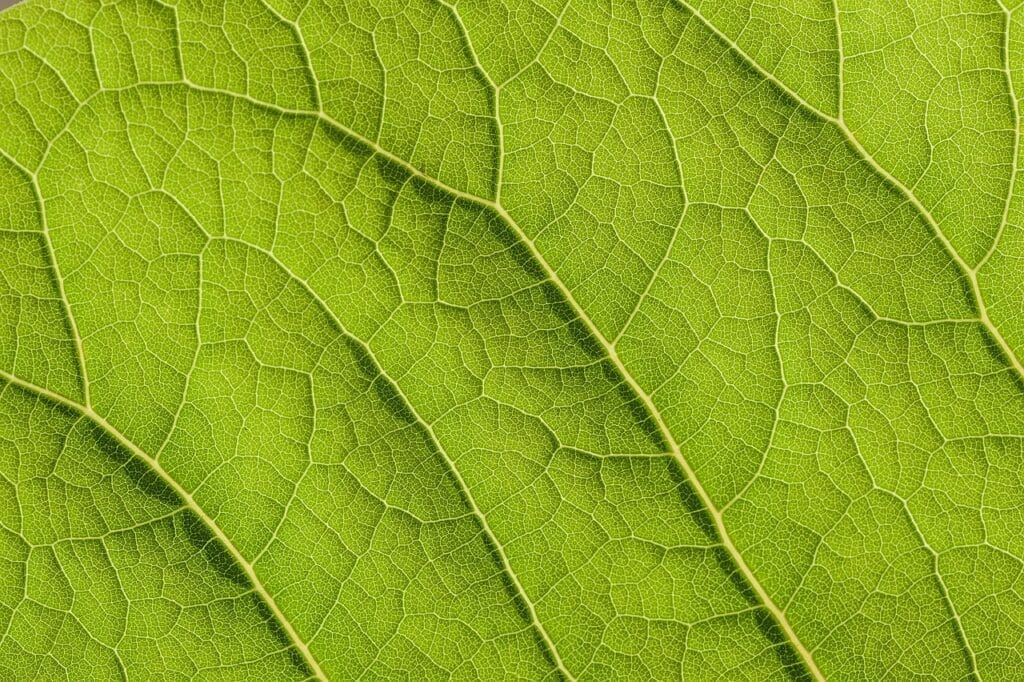Welcome to a helpful guide on effective natural remedies for varicose veins. Varicose veins can be uncomfortable and unsightly, but fear not – there are natural remedies to both prevent and treat them. This article will provide you with valuable information on how to naturally fix varicose veins, so you can enjoy healthier and more beautiful legs. Dive in and discover ways to alleviate this common condition through simple, natural solutions. Can you naturally fix varicose veins?
Understanding Varicose Veins
Have you noticed bulging, twisted veins on your legs? These are varicose veins, a condition that affects many people, especially women. Varicose veins occur when the veins become enlarged, swollen, and twisted, usually due to weakened or damaged valves. They can be unsightly and uncomfortable, causing symptoms such as pain, swelling, and heaviness in the legs. Understanding what causes varicose veins is the first step towards finding effective natural remedies to manage and improve this condition.
Causes of Varicose Veins
Varicose veins can develop due to a variety of factors, including genetics, age, pregnancy, obesity, and a sedentary lifestyle. When the valves in the veins fail to function properly, blood can pool in the veins, causing them to bulge and twist. This increased pressure can lead to the development of varicose veins over time. By addressing these underlying causes and making certain lifestyle changes, you can help prevent and reduce the appearance of varicose veins.

Preventing Varicose Veins Naturally
Prevention is key when it comes to managing varicose veins. By incorporating healthy habits and making positive lifestyle changes, you can reduce your risk of developing varicose veins and improve the overall health of your veins.
Exercise Regularly
One of the best ways to prevent varicose veins is to stay active and maintain a healthy weight. Regular exercise, such as walking, cycling, or swimming, can help improve circulation, strengthen the veins, and reduce the pressure on the blood vessels in the legs. By incorporating physical activity into your daily routine, you can help prevent the formation of varicose veins and improve the overall health of your veins.
Elevate Your Legs
If you spend long periods of time sitting or standing, you may be putting increased pressure on your leg veins, leading to the development of varicose veins. To reduce this pressure and improve circulation, try to elevate your legs whenever possible. Prop your legs up on a stool or ottoman while sitting, or take short breaks to elevate your legs above your heart level throughout the day. This can help reduce swelling, improve blood flow, and prevent varicose veins from worsening.
Wear Compression Stockings
Compression stockings are specially designed to help improve circulation in the legs and reduce swelling and discomfort associated with varicose veins. By applying gentle pressure to the legs, compression stockings can help prevent blood from pooling in the veins and reduce symptoms such as pain and heaviness. These stockings are available in various strengths and styles, so be sure to consult with your healthcare provider to find the right fit for your needs.

Treating Varicose Veins Naturally
While prevention is important, if you already have varicose veins, there are several natural remedies that can help manage the symptoms and improve the appearance of the veins. These remedies can be used in conjunction with lifestyle changes to provide relief and support overall vein health.
Essential Oils
Essential oils are a popular natural remedy for varicose veins due to their anti-inflammatory and circulatory-enhancing properties. Oils such as cypress, lemon, and peppermint can help reduce swelling, improve blood flow, and strengthen the veins. To use essential oils for varicose veins, mix a few drops with a carrier oil, such as coconut or almond oil, and gently massage the affected area. This can help relieve pain, reduce swelling, and improve the appearance of varicose veins over time.
Horse Chestnut
Horse chestnut is an herbal remedy that has been used for centuries to treat venous insufficiency and varicose veins. The active compound in horse chestnut, aescin, has anti-inflammatory properties and can help strengthen the walls of the veins and improve circulation. Horse chestnut extract is available in capsule or cream form and can be applied topically or taken orally to reduce swelling and discomfort associated with varicose veins.
Dietary Supplements
Certain dietary supplements can help support vein health and improve circulation, reducing the risk of varicose veins. Supplements such as vitamin C, vitamin E, and bioflavonoids can help strengthen the walls of the veins, reduce inflammation, and promote healthy blood flow. By incorporating these supplements into your daily routine, you can support overall vein health and reduce the symptoms of varicose veins.

Lifestyle Tips for Varicose Veins
In addition to natural remedies and treatments, making certain lifestyle changes can help improve the health of your veins and reduce the risk of varicose veins worsening. By incorporating these tips into your daily routine, you can support vein health and prevent varicose veins from becoming a significant issue.
Maintain a Healthy Weight
Being overweight or obese can put increased pressure on the veins in your legs, leading to the development of varicose veins. By maintaining a healthy weight through diet and exercise, you can reduce this pressure, improve circulation, and support the overall health of your veins. Focus on eating a balanced diet rich in fruits, vegetables, and whole grains, and aim to exercise regularly to maintain a healthy weight and prevent varicose veins.
Avoid Prolonged Sitting or Standing
If you have a desk job or spend long periods of time on your feet, you may be at increased risk of developing varicose veins. Prolonged sitting or standing can put pressure on the veins in your legs, leading to poor circulation and the development of varicose veins. To prevent this, take frequent breaks to move around, stretch your legs, and avoid sitting or standing for extended periods. This can help reduce the risk of varicose veins and improve overall vein health.
Stay Hydrated
Proper hydration is essential for maintaining healthy veins and preventing varicose veins. When you are dehydrated, your blood can become thicker and more likely to clot, increasing the risk of vein issues. By drinking an adequate amount of water each day, you can help keep your blood flowing smoothly, reduce the risk of blood clots, and support the overall health of your veins. Aim to drink at least eight glasses of water a day to stay hydrated and prevent varicose veins.

Conclusion
Varicose veins can be a frustrating and uncomfortable condition, but by understanding the causes and risk factors, you can take steps to prevent and manage this issue naturally. By incorporating healthy habits, natural remedies, and lifestyle changes, you can improve the health of your veins, reduce the risk of varicose veins, and support overall vein health. If you are experiencing severe symptoms or complications related to varicose veins, be sure to consult with your healthcare provider for personalized treatment options and recommendations. By taking a proactive approach to vein health, you can enjoy healthier, stronger veins and reduce the impact of varicose veins on your daily life.





